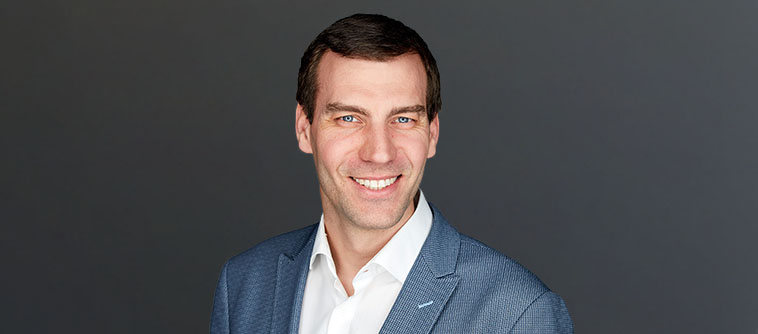
- What are you working on at the moment?
There are many exciting things that keep me (us) busy at the Global Family Business Center. For example, we have our open and custom programs that we are working on. In particular our long-term learning journeys, where we’re working with families and owners, their boards and top management to go through major transformations in a holistic and integrative way. We are finishing up a two-year research project on family philanthropy and are about to publish our latest book called “Family Philanthropy Navigator”, which will hopefully have a great impact in the family business and giving space. We are also preparing for our upcoming Leading the Family Office program and a research project on family offices.
- What quality do you admire most in a leader?
If a leader has a clear vision and direction, is able to sell that big plan to the people around him or her and get them onboard to join the journey – that, for me, is what a leader is about. At the same time, it is important to be able to assemble the best people and to help those people work to their strengths and capacities to help them get the best out of themselves. As they say in the startup world: “A players hire A players, B players hire C players”.
- If you had the power to make one decision to change the world what would it be?
There are so many things, but what I believe we are all starting to realize is that many of the world’s problems that have emerged in recent decades (food and water scarcity, environmental problems, etc.) are a direct result of a rapidly (probably too rapidly) growing world population. Systemic solutions need to be found that address the root-cause of the problem. Otherwise we’re just trying to treat the symptoms while the root-cause is getting worse by the minute.
- What triggered your interest in your specialization?
I sometimes feel like I am a bit of a jack-of-all-trades, with many different interests. But what has clearly shaped my field of interest is any form of change and transformation (especially aspects related to social impact and philanthropy), paired with creativity, entrepreneurialism and an enterprising mindset. Having worked with startups for many years, I’m intrigued by any new forms of creative destruction, whether tech-driven or by addressing consumer needs through business model innovation. I have also developed a passion for working with enterprising families and family offices. I find this space super fascinating, across advisory, teaching and research perspectives – and then being able to bridge the gap between the two. For philanthropy, well, it plays such an important role in different ways for so many families that it is really not a separate subject (at least not the way we look at it in our latest book).
- What do you consider your greatest professional achievement?
There are two experiences I cherish a lot and that have shaped me:
(a) Having gone through the entire entrepreneurial journey from ideation, to launching a business, to raising capital and growing the business, all the way to partially exiting it a few years ago.
(b) The work we’ve started at the Family Business Center in systematically and holistically working with family enterprise systems in a long-term manner is incredibly rewarding. I feel like this will have a major impact on the field of family business in the years ahead.


